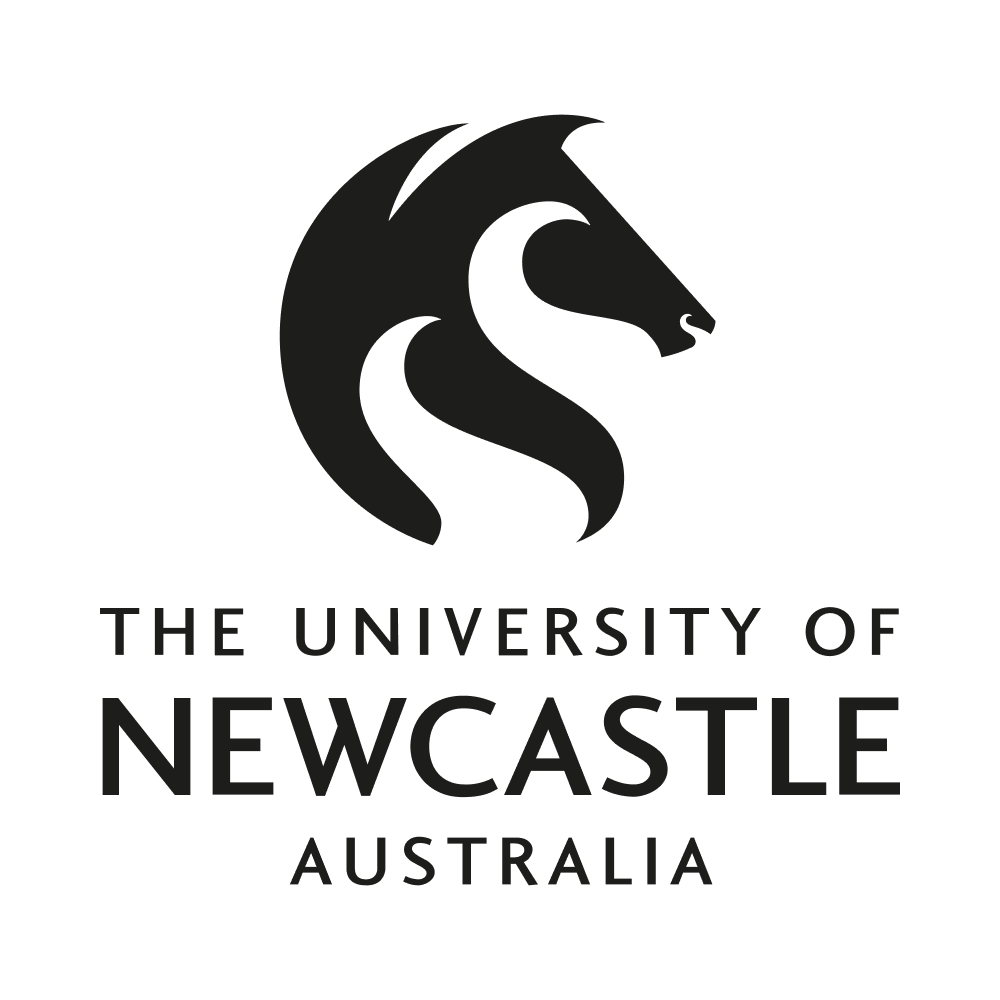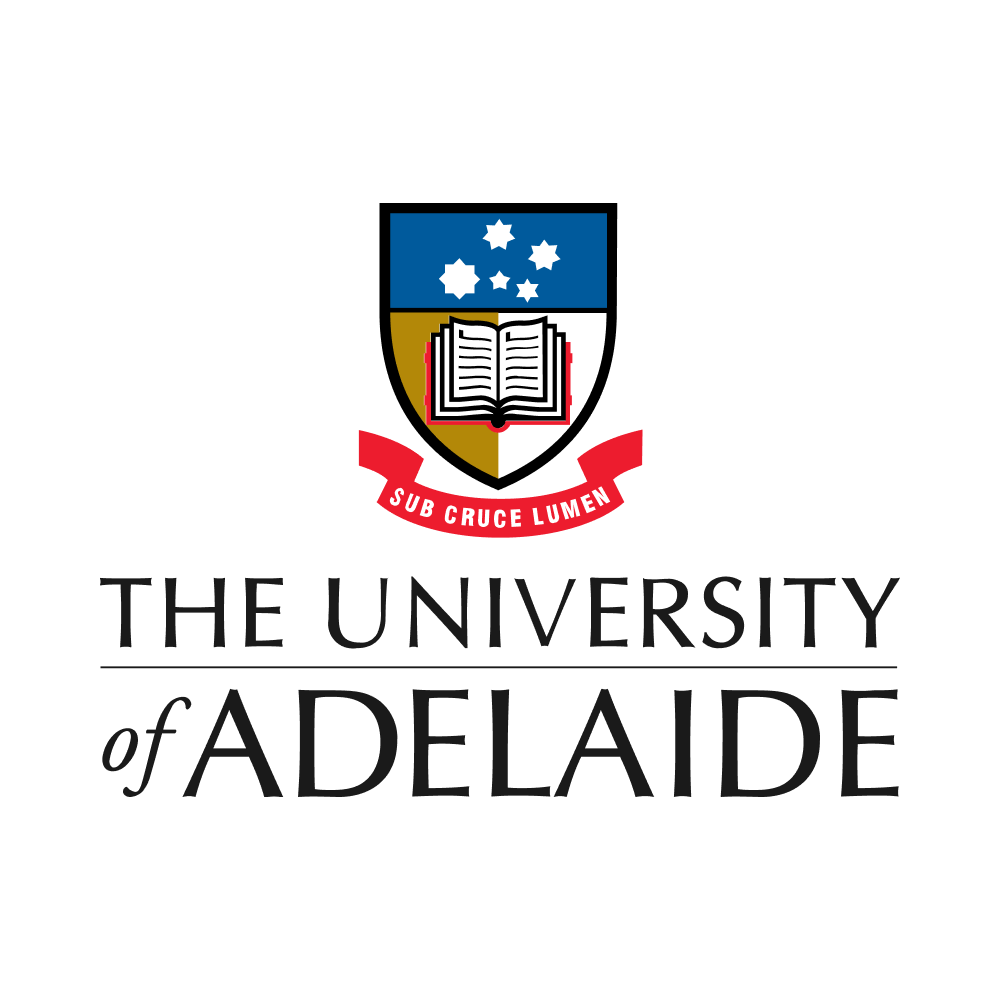
Accountants help companies and clients preserve their financial integrity by managing their financial documents. They also play an important role in contributing towards their business strategies by offering insights derived from their financial data.
In this article, we discuss the typical duties and skills of an accountant, their average income and what you can do to become an accountant in Australia.
The rising demand for accountants in Australia
Accounting is one of the most in-demand professions in Australia. According to SEEK, accountant roles are expected to grow by 9.2 per cent in the next five years, indicating a great need for skilled professionals who can assist in managing a business’s financial health. Specific accounting roles may also have a higher demand. Jobs and Skills Australia reported that the country faced a shortage of taxation accountants across all states and territories in 2023 and 2024.
The increasing demand for accountants produces vast professional opportunities for those aiming to enter or advance their career in this line of work.
What is an accountant?
An accountant prepares and examines financial records to ensure they’re accurate. Their role may involve various financial services, such as auditing, budgeting and cost management. An accountant differs from other finance jobs as they typically manage historical financial data to check for errors and discrepancies. In contrast, roles like financial analysts and financial advisors tend to focus more on analysing financial data to create forecasts and gain insights that can drive business decisions.
In this role, an accountant may collaborate with other accountants in a team or other departments to complete tasks. They may also present reports to their manager or work together with them to prepare a budget that aligns with the organisation’s financial objectives. An accountant can also help the management team make calculated business decisions based on their financial findings.
This finance professional works with organisations or individual clients to help them with financial record management. They can work for businesses of various sizes, government entities, non-profit organisations, as well as self-employed individuals or freelancers.
What does an accountant do?
Accountants perform a wide range of financial tasks. However, their duties may differ according to their role, specialisation, company and industry they work in. For example, taxation accountants mainly deal with their clients’ tax matters while forensic accountants examine records and transactions to identify financial crimes like fraud and embezzlement.
These finance professionals may also share similar responsibilities, such as:
- Evaluating an organisation’s income, expenditure and other financial data
- Reconciling transactions and bank statements
- Handling and preparing invoices and budgets
- Auditing financial records to find and address discrepancies
- Recommending improvement strategies for accounting procedures
- Preparing financial statements for management, board of directors and shareholders
- Examining financial risks of investment projects
- Ensuring financial documents are compliant with appropriate regulations
What is a typical accountant’s salary in Australia?
According to SEEK, the annual income for an accountant in Australia ranges between $75,000 and $90,000 on average. Discover the average annual salary for this position in different states and territories below:
- Australian Capital Territory: $82,500
- New South Wales: $81,000
- Queensland: $80,000
- Western Australia: $80,000
- Victoria: $80,000
- South Australia: $79,500
- Northern Territory: $77,500
- Tasmania: $75,000
An accountant’s salary may also differ based on the industry they work in, such as:
- Mining, resources and energy: $119,000
- Government and defence: $100,000
- Education and training: $95,000
- Banking and financial services: $94,000
- Accounting: $83,000
- Real estate and property: $77,000
4 steps to becoming an accountant
Refer to the guide below to gain an understanding of what your journey may look like to become an accountant in Australia:
1. Get an undergraduate degree
Many accounting jobs require you to at least have a bachelor’s degree. Accountants typically have a bachelor’s qualification in accounting, finance, commerce or a related field. A full-time bachelor’s course usually takes three years of study.
You can gain fundamental knowledge and technical skills with units focused on various financial areas such as taxation, auditing and financial reporting. This qualification can help you pursue a career in accounting as a fresh graduate or a working professional looking to switch careers.
2. Gain work experience
To become a qualified accountant in Australia, you typically need to have a certain amount of practical industry experience to complement your tertiary degree. After obtaining your bachelor’s qualification, start applying for entry-level roles that involve accounting-related duties, such as an accounts officer, bookkeeper or assistant accountant.
Consider applying for roles where you can work with experienced accountants, learn the best accounting practices and develop skills in using accounting tools. Your responsibilities may also differ based on your role. You may assist in payroll processing, generate receipts and invoices, reconcile bank and balance sheets or provide other types of support for finance or accounting team members.
3. Join a professional accounting body
In Australia, you must have a recognised professional certification to offer professional services as a full-fledged accountant. You can obtain this certification by becoming a member of a professional accounting organisation. This typically involves having a recognised bachelor’s degree, accruing a sufficient amount of relevant work experience and passing examinations.
Based on the roles advertised on SEEK, many employers seek candidates who have a professional membership or are working towards one from the Certified Practising Accountant (CPA) Australia or the Chartered Accountants (CA) Australia and New Zealand. Acquiring a CPA or CA credential can give you more access to career opportunities as an accountant.
You can choose which professional organisation to join based on your professional goals. For example, the CPA program covers general business accounting practices and principles while the CA program focuses on the more technical aspects of business accounting, such as auditing and taxation.
4. Consider a postgraduate qualification
Pursuing postgraduate studies in accounting can help you improve your expertise in this field. You can gain a more advanced understanding of various financial areas like management accounting, corporate financial management, accounting information systems and more. Obtaining a postgraduate qualification can improve your credibility and career prospects, especially if you’re aiming for a more senior role such as an accounting manager.
Postgraduate studies can also be highly valuable for accountants who are starting or managing their own firms. This qualification can provide you with strategic business insight to run your practice effectively. It also allows you to engage with peers, mentors and industry professionals, which can lead to potential clients and collaborations.
Many universities in Australia offer a wide range of postgraduate courses in accounting. Some programs, such as the University of Newcastle’s Graduate Certificate in Professional Accounting and the University of Tasmania’s online Graduate Diploma of Professional Accounting are catered to students who don’t have an accounting background. These courses are suitable for working professionals who want to start a new career in accounting or enhance their current skills.
You can also find master’s degrees that can shorten your journey to become a member of selected professional accounting bodies. For example, the completion of the Master of Accounting program from Curtin University along with CPA examinations allows you to register yourself as a CPA in Australia. The course covers various CPA units, such as Financial Accounting, Advanced Audit and Assurance as well as Ethics and Governance.
Find more postgraduate accounting courses below.


A career in accounting provides challenging, rewarding and versatile opportunities in the current business environment. Businesses are looking for people with superior analytical skills which accounting can provide.
The Graduate Certificate in Professional Accounting program is for students with a degree in a field other than accounting.


Accountants perform an essential role in just about every organisation around the world. As technology and business environments change, companies, governments and non-profits need skilled professionals to guide them in making financial and strategic decisions based on sound interpretations of accurate and reliable data and intelligence.
UNE's Graduate Certificate in Accounting will build on your skills and knowledge to allow you to lead the way towards making informed decisions in the workplace.
This course will also enable you to continue to high-level accounting studies, such as the Graduate Diploma in Accounting and the Master of Professional Accounting.


Whether you're looking to start a new career or boost your current skills, the Graduate Diploma of Professional Accounting course offers flexible full-time or part-time options. The program is perfect for those without an accounting background.
Completing this 12-month graduate diploma course sets you on a path to becoming a certified accountant, with opportunities to further advance your expertise through additional studies.


Study the Graduate Diploma of Professional Accounting to develop the technical, analytical and creative skills needed for a successful career. This qualification builds on the graduate certificate, with a deeper dive into company reporting, managerial and financial accounting and financial management. It covers technical, practical, analytical and creative skills necessary to support professional and highly skilled work in the areas of accounting, auditing and finance.


This is a one-year advanced course for professionals with an undergraduate degree in accounting* seeking to gain more expertise in financial accounting, managerial accounting, governance and auditing. This course is also designed specifically for those who wish to meet CPA Australia's requirements to become a certified practising accountant. This course provides a master-level qualification relevant to senior positions and roles, providing high-level advice to management and governing bodies and expert academic support in preparing for the CPA Program’s examinations. You will study the CPA Program subjects, and to gain your master's qualification, you must meet CPA Australia’s program requirements. (Please note that you will be responsible for CPA Australia program fees, including examination fees.) Toward the end of the course, you'll undertake an industry-connected capstone experience, such as an internship, research project or study tour. You'll also have opportunities to attend employee presentations that enable you to expand your career networks; previous participating companies include Coca-Cola Amatil, Grant Thornton and Nexia.


In this program, you'll learn the fundamentals of financial and management accounting, study advanced accounting concepts and techniques, and take courses in taxation and auditing. Explore relevant business areas such as economics, finance, information systems and business law. You'll also work on a large-scale applied research project.
The Master of Accounting satisfies the requirements for associate membership of CPA Australia, and Chartered Accountants Australia and New Zealand.
What skills does an accountant need?
Discover some of the top accountant skills you need to thrive in this role.
Hard skills
Accounting expertise: You should have an understanding of fundamental accounting principles like the Generally Accepted Accounting Principles (GAAP) and the International Financial Reporting Standards. These principles provide the framework for efficient and consistent financial reporting. This expertise also involves strong arithmetic and finance skills as you will be dealing with numbers on a daily basis and performing various finance-related tasks like auditing, budgeting and optimising cash flows.
Data analysis: This skill is vital as accountants collect, examine and interpret financial data. It allows you to find trends, discrepancies and possible issues in financial records. The insights gained from your data analysis can help you and your organisation make better-informed decisions as well as develop data-driven business strategies.
Software competence: Accountants utilise various software in their daily work, such as spreadsheet applications, data management software and accounting software. Having knowledge of these applications may allow you to do accounting work more efficiently. Some employers also favour candidates for accounting jobs who can use specific accounting software like Xero, MYOB and QuickBooks.
Soft skills
Attention to detail: Being meticulous is an important aspect of being an accountant. This skill helps you pinpoint inconsistencies in financial data and ensure accuracy when you prepare financial reports. You can also reduce the likelihood of making accounting errors when you perform your tasks thoroughly.
Communication: In this role, you may be tasked to create and present budget proposals or other financial reports to a wide range of stakeholders, such as clients, colleagues and management. This requires strong communication skills as you need to be clear with your audience when you explain financial jargon in a format that’s easy to understand. Besides verbal communication, effective written communication allows you to write concise financial statements and reports.
Problem-solving: As an accountant, you’re not just finding discrepancies and accounting errors. You must also assess available solutions and choose the best one to solve the problem. This skill is essential as you may need to balance accounts, handle tax implications or manage cash flow issues. It also helps you to keep accounting procedures accurate and consistent.
Pursue a rewarding career as an accountant
Becoming an accountant requires a combination of relevant education, practical experience and a professional certification. The current demand for accountants in Australia brings forth more opportunities for you to take on this rewarding career path. Take the first step by discovering various postgraduate courses in accounting available in Australia.























